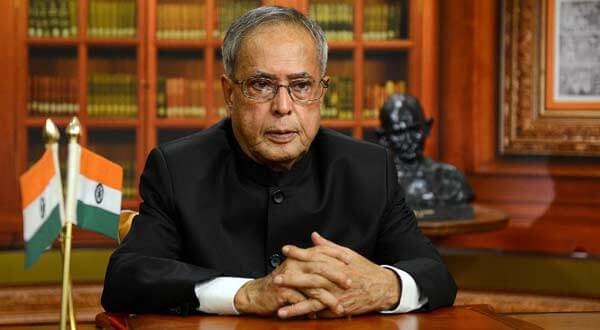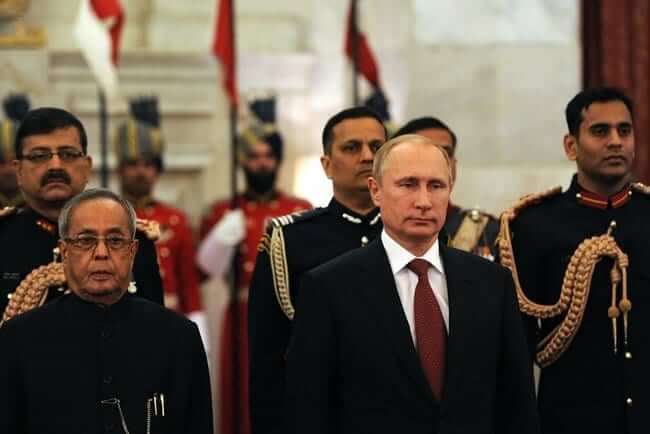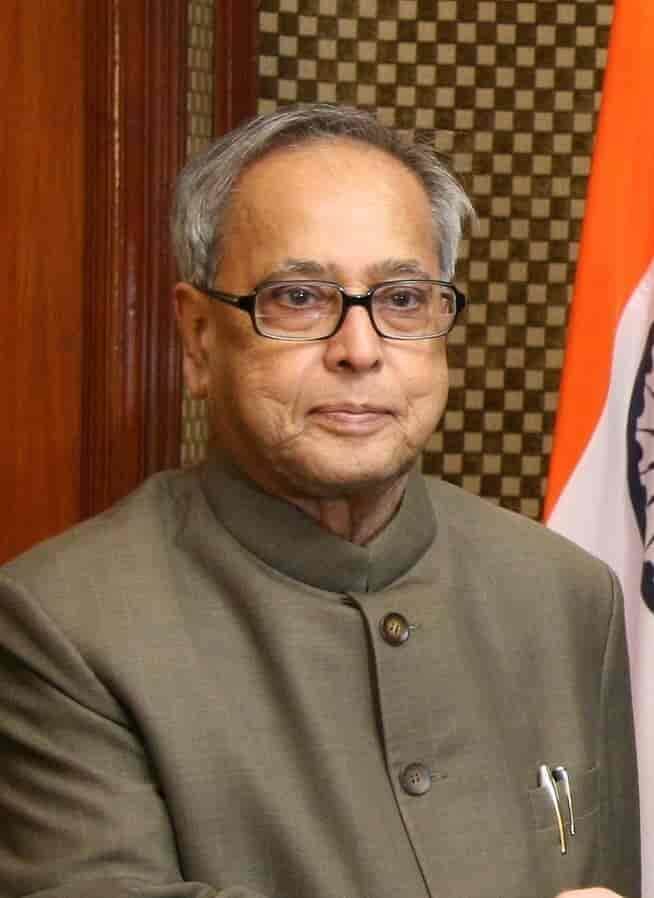
Pranab Mukherjee, a former President, the man who missed becoming the Prime Minister of India by a whisker, the Congress party’s trouble-shooter during the UPA rule and the unlikely Congressman with proximity to Prime Minister Narendra Modi, has breathed his last.
Detected with COVID-19, he was on ventilator following a brain surgery to remove a blood clot. Mukherjee was 84 years old.
From being an Assistant Professor in Vidyanagar College, Kolkata to the President of India, his journey was marked with his passion for electoral politics and his remarkable loyalty to the Congress party.
Mukherjee’s political career began in 1969, after being noticed for his by-election campaign management in Midnapore for an independent candidate: former diplomat and senior Congress leader V.K. Krishna Menon. Mukherjee became a member of the Rajya Sabha in July 1969, following which he was re-elected to the House in 1975, 1981, 1993 and 1999.
A trusted aide of Indira Gandhi, he appointed former PM Manmohan Singh – considered the architect of economic reforms in the country – as RBI governor, during his stint as Finance Minister in the 1980s. His much-anticipated ambition to be Prime Minister of India after Indira Gandhi’s assassination never happened. Rajiv Gandhi’s decision to keep Mukherjee out of his cabinet was an acrimonious moment in the long relationship that the Congress stalwart enjoyed with the grand old party.
Later, not hiding his emotions on the development, Mukherjee wrote, “When I learned of my ouster from the Cabinet, I was shell-shocked and flabbergasted. I could not believe it. But I composed myself and sat alongside my wife as she watched the swearing-in ceremony on television.”
It had become evident to Mukherjee that he could not continue in the party and he parted ways to form the Rashtriya Socialist Congress in West Bengal in 1986. However, by 1989, he had reconciled differences with Rajiv Gandhi, and he was back in the party and the cabinet.

In fact, his name came up as PM-probable after Rajiv Gandhi’s assassination and yet again when the UPA came to power. But, in what had by now become routine, he was again overlooked by his party for the top job. However, the man with a thick Bengali accent continued to relentlessly defend the party. He kept being the ‘brain’ for the party even in UPA-II, when the government was braving a string of corruption allegations.
He won back his primacy in the cabinet first under P.V. Narasimha Rao and later when Manmohan Singh was Prime Minister, as Commerce Minister, Foreign Minister, Defence Minister and Finance Minister. Singh was known to seek his advice and in the numerous GoMs that were formed in the course of UPA-I and UPA-II between 2004 and 2014, Mukherjee headed the largest number of them among all cabinet ministers.
In 2012, in the twilight of his political career, he was made the President.

During his tenure, Mukherjee brought in a refreshing change in the way one perceived Rashtrapati Bhavan. He earned the sobriquet of ‘People’s President’ as he charted his own course as Head of State. During the widespread protests in the light of the Nirbhaya case, when crowds had gathered on Raisina Hill, he had insisted on going out and addressing them — he relented when he was advised against the step on grounds of security.
When PM Modi took over in 2014, ousting the Congress-led government, the two unlikely personalities forged a relationship of mutual respect that saw the BJP government award the Bharat Ratna to Mukherjee and on that occasion, an emotional Narendra Modi thanked the man he fondly calls ‘Dada’ for “everything that you have done for the nation.”
In the book President Pranab Mukherjee – A Statesman, PM Modi gave a sneak peek into the special relationship the two shared. He had said, “It was during the Uttar Pradesh polls that he told me that win and loss happen all the time but will you take care of your health or not? It was not part of his responsibilities as President, but it was the humane person inside him which cared for a friend.”
He is survived by his sons, Abhijit and Indrajit, and daughter Sharmishta. Both Abhijit and Sharmishta have tried their hand at electoral politics. Abhijit Mukherjee suffered a shocking defeat last year in West Bengal’s Jangipur constituency while Sharmishta Mukherjee is the national spokesperson for the party her father once knew like the back of his hand. In 2015, Mukherjee lost his wife Suvra.
READ ALSO: Remembering Pandit Jasraj: the last aalap




